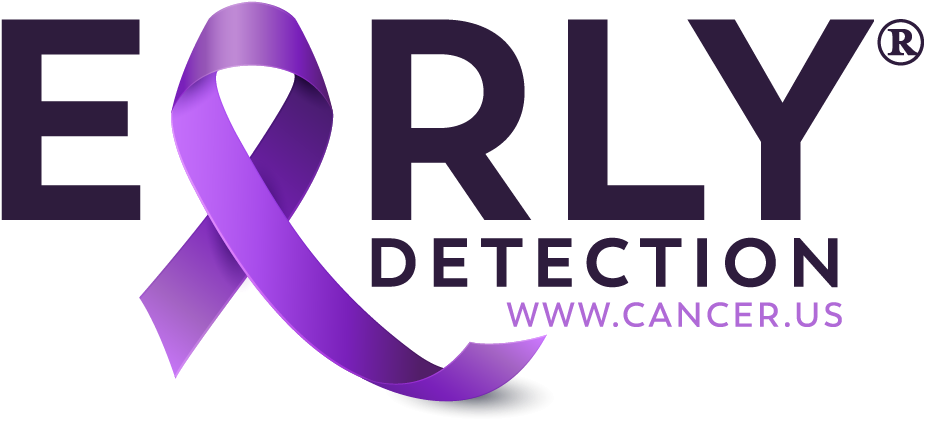
Lung cancer is the biggest cancer killer of women, with an estimated 59,910 lives lost in the US, in 2023.
Often there are no symptoms of early stage lung cancer, which is why it is often diagnosed at a late stage when surgery to remove a tumor is no longer an option. The lack of a standardized early stage lung cancer screening test is one of the most critical deficiencies in healthcare.
Lung Cancer Screening
Typically, only high risk patients are approved for a chest CT.
Lung cancer screening tests, depending on the US state or Canadian province, are usually only approved for a select group of high risk patients, which primarily depends on age and a history of heavy smoking. The obvious problem is that approximately 15 to 20 percent of lung cancer patients are non-smokers and this group will account for over 20,000 deaths in the US alone, each year.
Besides cost, a reason chest CTs are not used to screen more people is heavy radiation exposure.
A regular chest CT emits the radiation of 70 chest x-rays. “Low dose” chest screening CTs emit on average the equivalent of 14 chest x-rays.
It is hard to find small masses with CTs, x-rays, or any imaging technology.
Early stage cancers are often small and hard to visualize.
Even when small masses, commonly referred to as nodules, are detected in the lungs, most of the time they are not removed or biopsied. Many small nodules are benign, whereas larger masses are typically cancerous. In this case, CTs are often repeated over time to see if the nodule increases in size.
CTs are expensive, emit radiation, results can be inconclusive and may miss small early-stage tumors. An inexpensive, safe, accurate screening test capable of detecting small early-stage cancers would help physicians decide when best to use a chest CT with symptom-free patients.
Lung cancer is the biggest cancer killer of women. Our mothers, wives, sisters and daughters, both smokers and non-smokers, are all at risk. Early detection can offer the protection needed to save lives.

